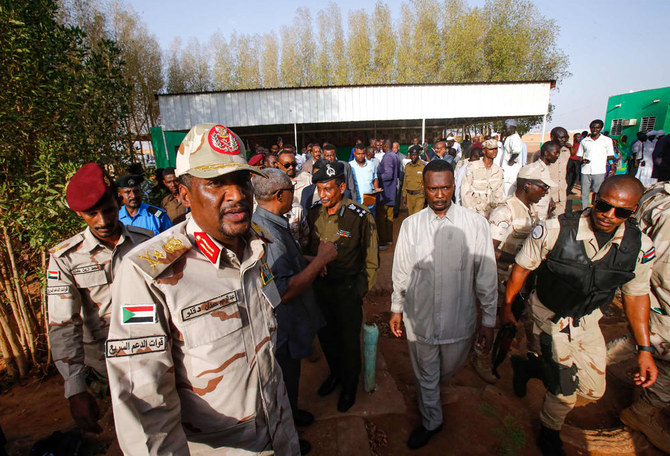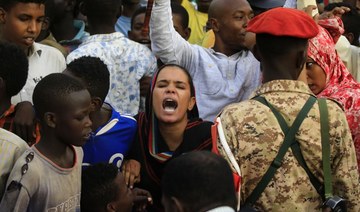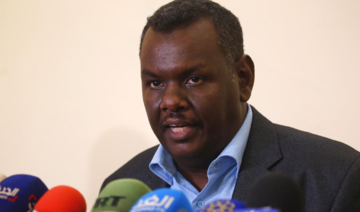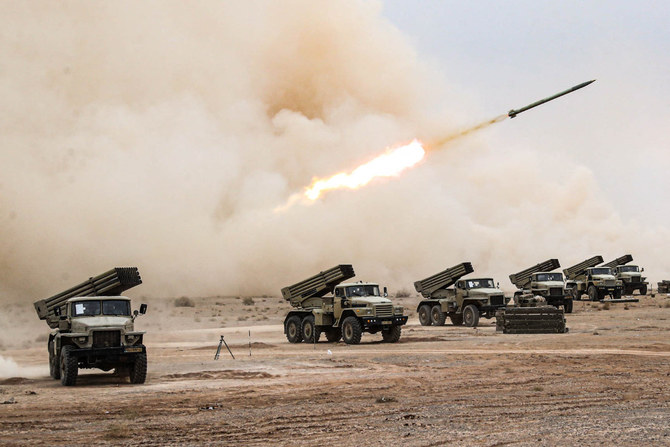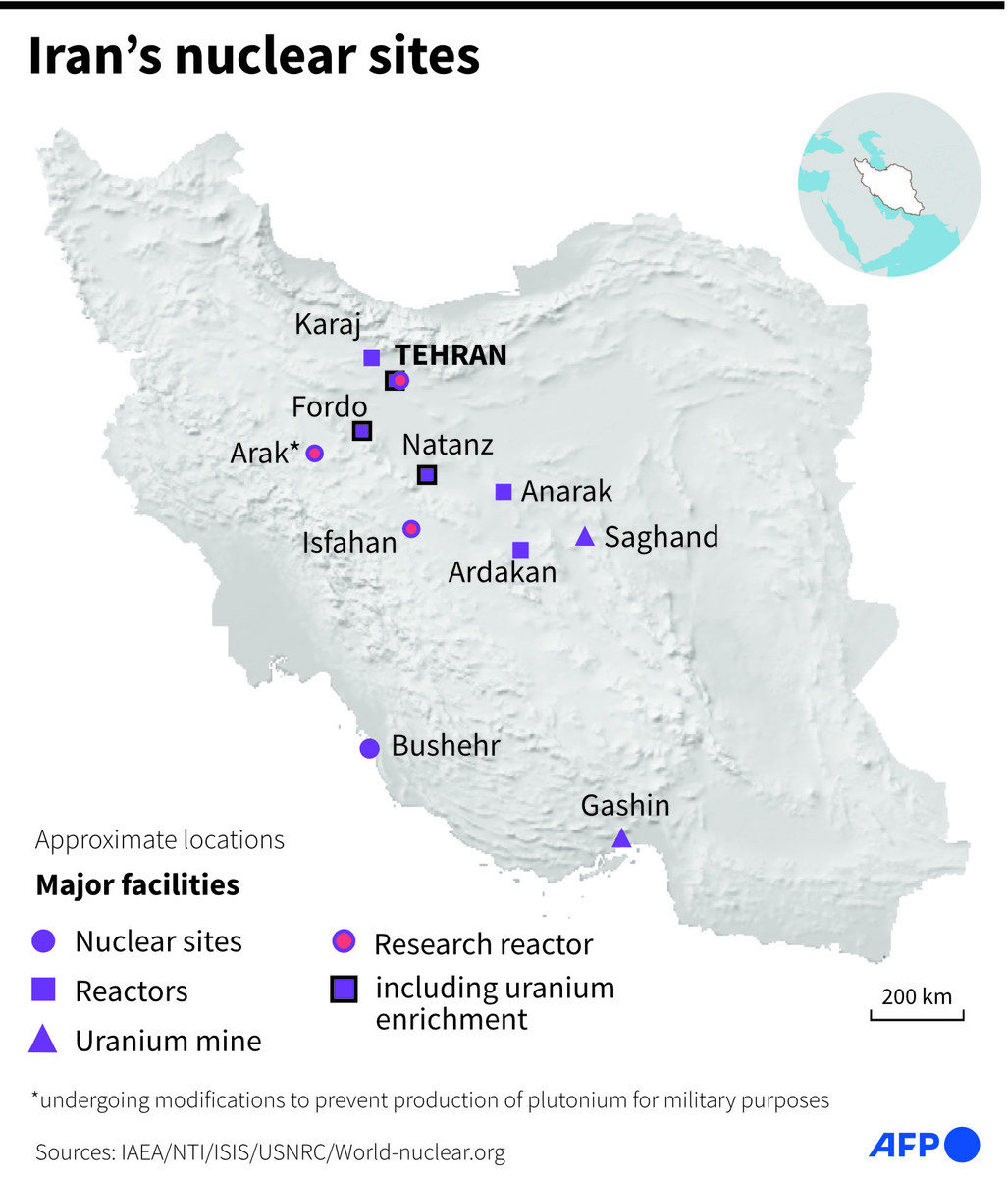KHARTOUM: Sudan's ruling military council and its pro-democracy movement both welcomed a new power-sharing agreement reached Friday, raising hopes that the deal would end a three-month political crisis that has paralyzed the country and led to scores of deaths following a violent crackdown on peaceful protesters by authorities.
News of the deal touched off street celebrations in the capital of Khartoum with hundreds dancing and waving Sudan's flag as drivers honked their horns. The crisis has gripped Sudan ever since the military ousted longtime autocrat Omar Al-Bashir in April.
Saudi Arabia welcomed the power-sharing agreement that Sudan’s ruling military council and the Alliance for Freedom and Change reached on Friday.
A statement issued by the foreign ministry said the Kingdom hopes that this step will be the beginning of a new phase of security and stability in Sudan, and reaffirmed its support for Sudan and its people.
The sides agreed to form a joint military and civilian sovereign council to lead the country during a transition period of three years and three months, said a statement by the Sudanese Professionals' Association, which has spearheaded the protests. The joint council had been a sticking point in the negotiations.
The council will include five civilians representing the protest movement and five military members. An 11th seat will go to a civilian chosen by both sides. A military member will preside over the council for the first 21 months, followed by a civilian member after that, according to the statement.
That suggested a significant concession by pro-democracy forces, which had insisted that the sovereign council have only a civilian president. But the deal also secured a key demand by protest leaders: that they select the members of a technocratic Cabinet to be formed independently from the generals.
The creation of a legislative council will be postponed for three months, during which time the sovereign council will make the nation's laws.
"Today, our revolution has won and our victory shines," the SPA said in the statement, which was posted on its Facebook page.
The generals also hailed the deal, with the military-controlled Al-Sudan TV channel playing national songs and rerunning excerpts of the news conference by both sides announcing the agreement, with the caption: "Congratulations to the Sudanese people."
"This deal will be comprehensive and will not exclude anyone and will meet the ambitions of the Sudanese people and their victorious revolution," said Gen. Mohamed Hamdan Dagalo, the deputy chief of the ruling military council, speaking at the news conference with protest leaders and African mediators.
The talks had collapsed when security forces razed a protest camp outside the military headquarters in Khartoum on June 3, and protest leaders said more than 100 people have been killed since then. In the ensuing weeks, protesters stayed in the streets, demanding that the generals hand power to civilian leadership.
Omer El-Digair, a leader of the Forces for the Declaration of Freedom and Change, a coalition representing the protesters, said they hoped that forming the transitional institutions "marks the beginning of a new era."
"We hope it is an era where we can shut off the sound of pistols and destroy for good prisons of arbitrary detention," he said at the news conference.
“We would like to reassure all political forces, armed movements and all those who participated in the change from young men and women … that this agreement will be comprehensive and will not exclude anyone,” said General Mohamed Hamdan Dagalo, deputy head of the Transitional Military Council.
“We thank the African and Ethiopian mediators for their efforts and patience. We also thank our brothers in the Forces for Freedom and Change for the good spirit,” said Dagalo, who heads the Rapid Support Forces accused by the FFC of crushing the sit-in.
Opposition medics say more than 100 people were killed in the dispersal and subsequent violence. The government put the death toll at 62.
The UAE congratulated Sudan on its power-sharing agreement and said that it stands with Khartoum in “good times and bad times.”
The UAE’s Minister of State for Foreign Affairs Anwar Gargash also wrote on Twitter that he hopes the “next stage will witness the establishment of a solid constitutional system that will strengthen the role of institutions with broad national and popular support.”
UN Secretary-General Antonio Guterres said Friday he was encouraged by a power-sharing deal reached between Sudan's military rulers and protest leaders on a transition to civilian rule.
Guterres "encourages all stakeholders to ensure the timely, inclusive, and transparent implementation of the agreement and resolve any outstanding issues through dialogue," said a UN statement.
Egypt and the Arab League also welcomed the power-sharing agreement between the ruling military council and a coalition of opposition and protest groups.





